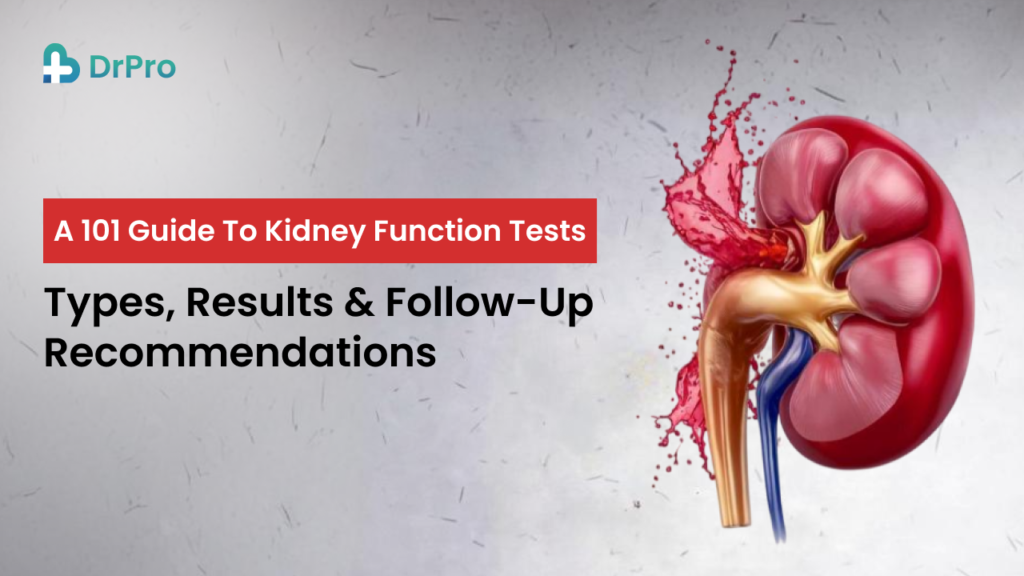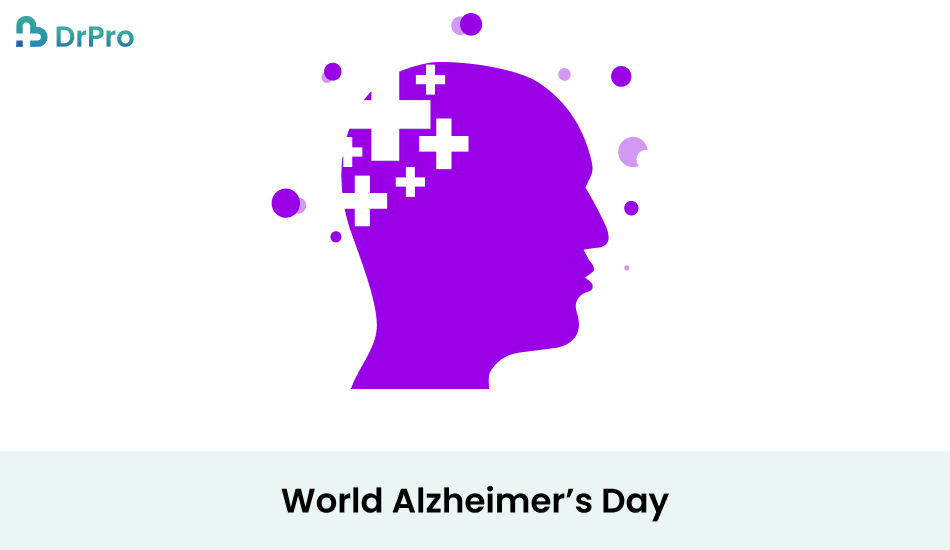
Schedule Your Live Demo with DrPro!
Feel the strength and efficiency of DrPro yourself. To find out how our modern technology can simplify your prescription management and laboratory procedures, schedule a personalized demo.
What to expect:
- A comprehensive overview of every feature in DrPro.
- A live presentation customized to meet your requirements.
- Q&A session led by our specialists.
Ready To Get Started

Schedule Your Live Demo with
DrPro!
Feel the strength and efficiency of DrPro yourself. To find out how our modern technology can simplify your prescription management and laboratory procedures, schedule a personalized demo.
What to expect:
- A comprehensive overview of every feature in DrPro.
- A live presentation customized to meet your requirements.
- Q&A session led by our specialists.
Ready To Get Started

Schedule Your Live Demo with DrPro!
Feel the strength and efficiency of DrPro yourself. To find out how our modern technology can simplify your prescription management and laboratory procedures, schedule a personalized demo.
What to expect:
- A comprehensive overview of every feature in DrPro.
- A live presentation customized to meet your requirements.
- Q&A session led by our specialists.
Ready To Get Started

Schedule Your Live Demo with
DrPro!
Feel the strength and efficiency of DrPro yourself. To find out how our modern technology can simplify your prescription management and laboratory procedures, schedule a personalized demo.
What to expect:
- A comprehensive overview of every feature in DrPro.
- A live presentation customized to meet your requirements.
- Q&A session led by our specialists.





